Here at CMBT, many of you know that we have chosen to formulate our products using plant based protein sources - and for good reason.
And no, not because we are “plant based” or vegan. It was because we felt that the extended value in plant based protein sources better suited the intended outcome of our product range and mission, being the acceleration of recovery, performance, overall health and immunity for those who participate in regular contact or combat sports.
Being in the sports nutrition industry for more than a combined two decades, we could also see that plant based protein was gaining popularity for its health benefits, recovery benefits, sustainability benefits and was better tolerated by a larger population of people. So it only made sense for us to formulate our entire range with plant protein sources.
We are now seeing more and more research being put into plant based protein and more conversations are being had about the benefits of plant based protein, compared to animal based protein, including amongst our health professionals.
On 19 August 2022, the National Dietitians Association conference was held with some key theme and messages being highlighted:
- that relative to both total and animal protein, plant protein is a stronger predictor of health outcomes;
- The Australian Dietary Guidelines needs to be updated to emphasize healthy protein foods; and
- Nutritionists and dietitians play an important role in properly educating Australians on consuming more plant based proteins and foods.
One of the speakers of the conference was Tim Cassettari, the Director of Translational Science at Nutrition Research Australia with over 10 years experience across nutrition research and translational science, and an expert in our Australian food regulations. Watch the YouTube presentation from Tim here.
Tim was asked to speak about the science of plant protein and in his own words, he wanted to “completely transform how dietitians currently think about plant proteins today.”
One of the first things that Tim referenced was the origin of our understanding of plant based protein and the term we refer to it as, being an “incomplete protein source”. This is the exact definition that Tim wants us to challenge and redefine.
After referencing a number of the most relevant studies comparing plant based protein to animal based protein, Tim advised referenced a number of key outcomes that we should be aware of:
- People that consumed a plant protein diet had a significantly reduced risk of coronary heart disease
- When it came to all-cause mentality - it was plant protein that had a significant risk reduction
- When it came to type-2 diabetes, both total and also animal protein had an increased association with type 2 diabetes, where as plant proteins either had a slight risk reduction or significant risk reduction depending on sex
- 13 randomized control trials on people with type 2 diabetes and the meta-analysis showed that there was a significant reduction after animal protein was replaced with plant protein in hba1c fasting glucose and fasting insulin
- A meta-analysis 112 randomized control trials showed significant reductions across key markers of cardiovascular disease for plant protein when compared to animal protein
- A more recent study of people with high cholesterol found that plant protein had additional improvements in cardiovascular markers.
- The most recent SLR and meta-analysis was published last year with 16 randomized control trials. Interestingly the authors reported no significant difference between animal and plant protein for both muscle mass and muscle strength.
- A prospective cohort study was published earlier this year that showed that the replacement of animal protein with plant protein was associated with a reduced risk of cognitive decline
- From the same cohort of the nurses health study, the replacement of animal protein with plant protein was associated with reduced risk of frailty and that includes a collective of different markers such as muscle strength fatigue and cardiovascular fitness.
- a cross-sectional analysis of an intimate 16-week intervention study where they gave people a plant-based diet found that the increase in plant protein intake was strongly correlated with the amount of fat that they lost.
“So when we take a step back it's very clear that the source of protein is important and appears to be the case across the lifespan, Tim says.”
Tim went on to conclude that:
“[T]here's a few things, but one thing that's definitely clear to me is that if we look at the evidence, the protein source is of critical importance and absolutely matters, and there is an opportunity here with the update of the dietary guidelines to align it with the scientific evidence and to line up with health organizations and dietary guidelines globally.
This is not about undermining or demonizing animal proteins, I think there's a role for both in the diet - but it's about recognizing the health benefits of plant protein foods and appreciating their under consumption and elevating those foods as part of a healthy diet.
So I said that i'd challenge our thinking about incomplete definition for plant proteins and i want to leave you with three things to think about the first is that the academy of nutrition and dietetics as well as many others have publicly said that the incomplete definition for plant protein today is outdated and misleading:
- the reason is because we eat whole foods also eat whole diets and not just individual foods;
- the second is that there's a group led by dr david katz and dr david jenkins who have developed a new model for classifying protein foods and their model looks at not just the amino acid composition, it also looks at the health effects of those foods and the environmental effects of those foods; and what they have shown is that it is a plant protein foods that are typically superior when we look at protein foods through those lenses;
- and the third thing for you to think about is, why have we evolved to make some amino acids in our body and not others and could it be that we've evolved to make the non-essential amino acids because they're actually critically important for our health
Now in addition to this research, there's another message that I want to share. One that transcends plant protein and transcends nutrition and that message is this that sometimes when we look closely enough we will see that it is the very things that have always appeared to us as incomplete that actually can play the biggest role in our value.
So how does this relate to us and why should we care?
When it comes to those involved in the combat community and even those involved in contact sports, there is always this chase for the 1%. How do we get the edge over our competition? How do we go the extra rounds, push more, run faster? And what things can we do or take to get there.
But there isn’t enough conversation about the 99%. In fact, 99% of us shouldn’t even be thinking about or having to consider the 1%. That’s for people like Alex Volkanovski to worry about, being the P4P best fighter in the world. Maybe that’s your goal, and that’s great. But in order to get there, your 99% needs to be achieved as a foundation before the 1% even becomes available to us.
We should be educating ourselves and getting a better understanding on what foods we should be incorporating into our diets to achieve better overall and long lasting health. Ensuring that we are eating a well balanced diet that consists of plant foods and plant protein sources will not only help your performance and recovery in your chosen sport, but will set you up for a healthier and happier life.
At the end of the day, that’s what we stand for with our CMBT products - because the better you look after yourself and the better you fuel yourself, the more time you can spend doing what you love.
Find our top selling CMBT Reload Plant Based Protein Powder at the link here, to increase your performance and recovery.



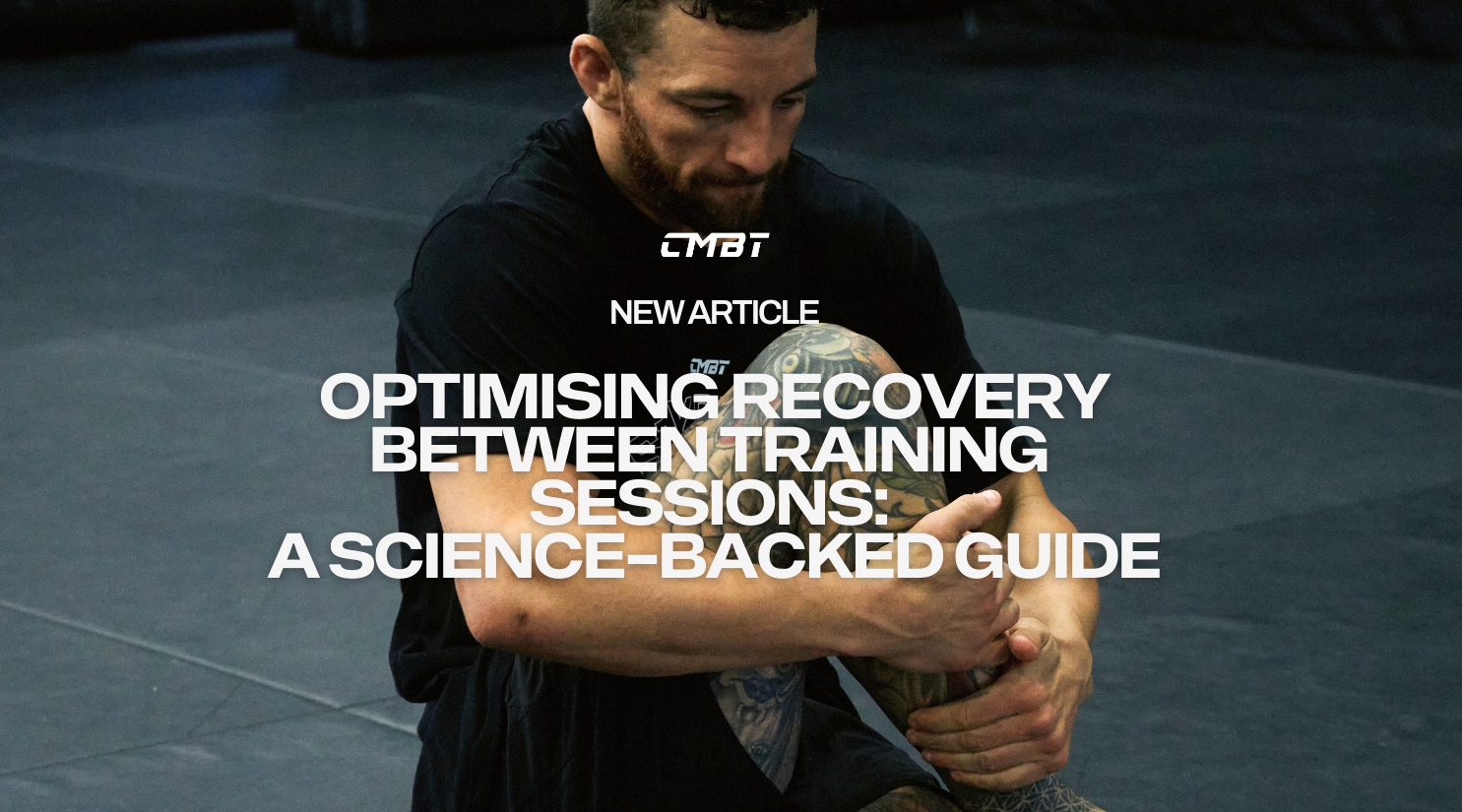
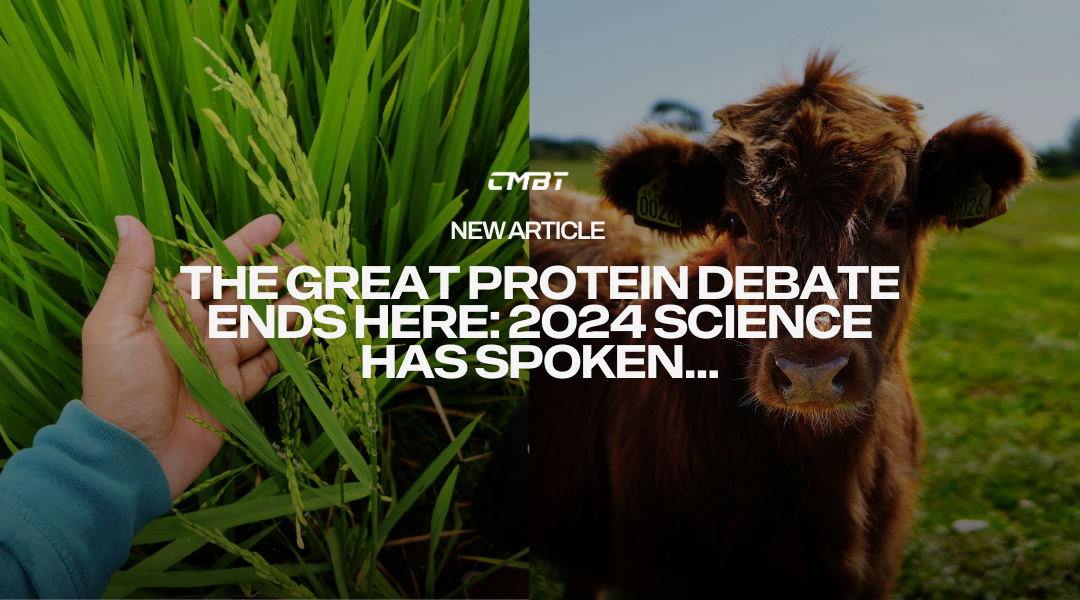



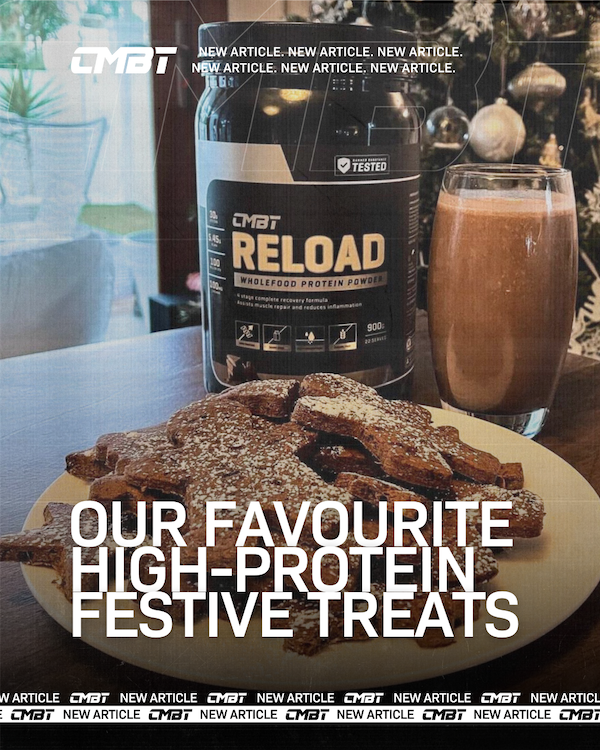




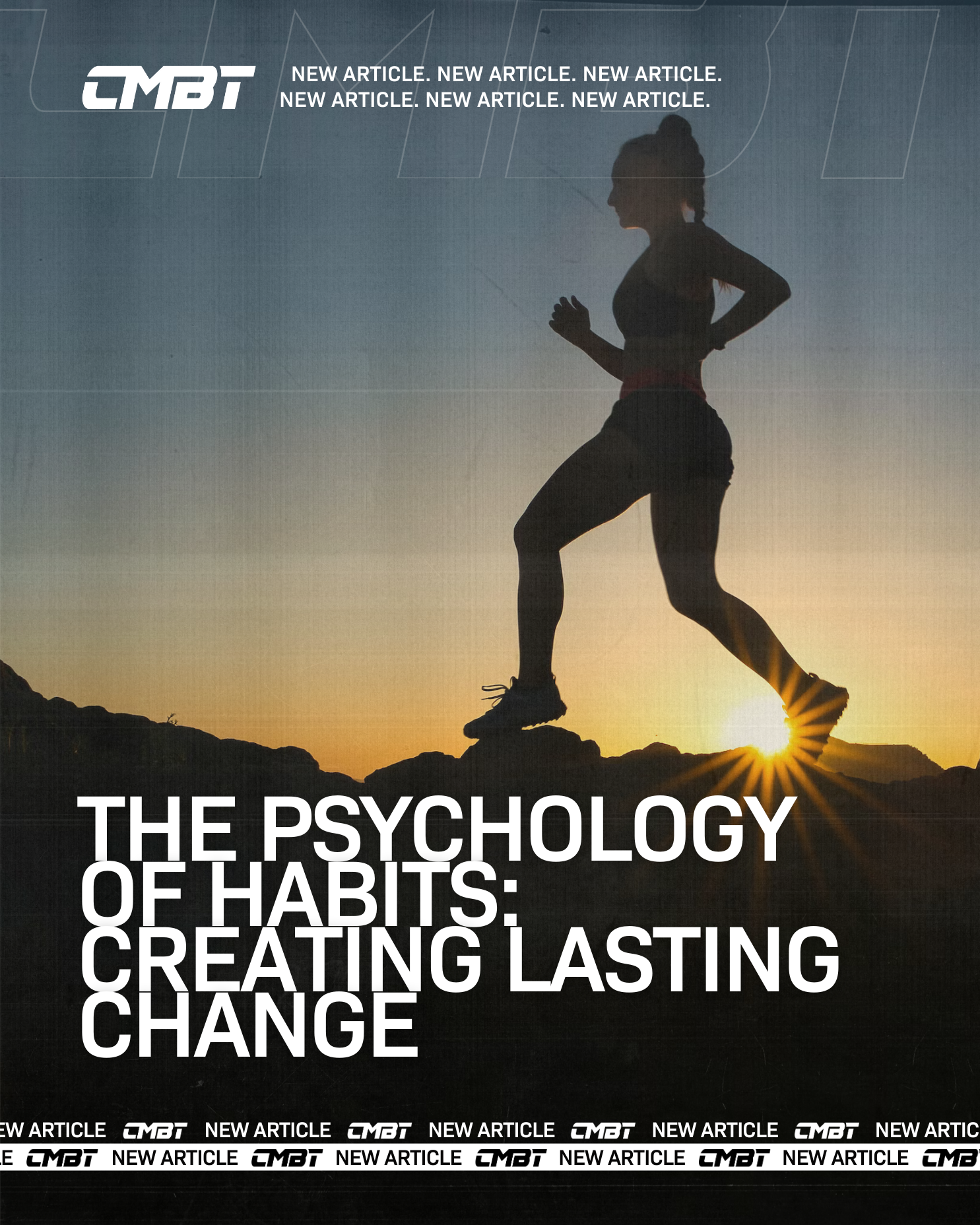



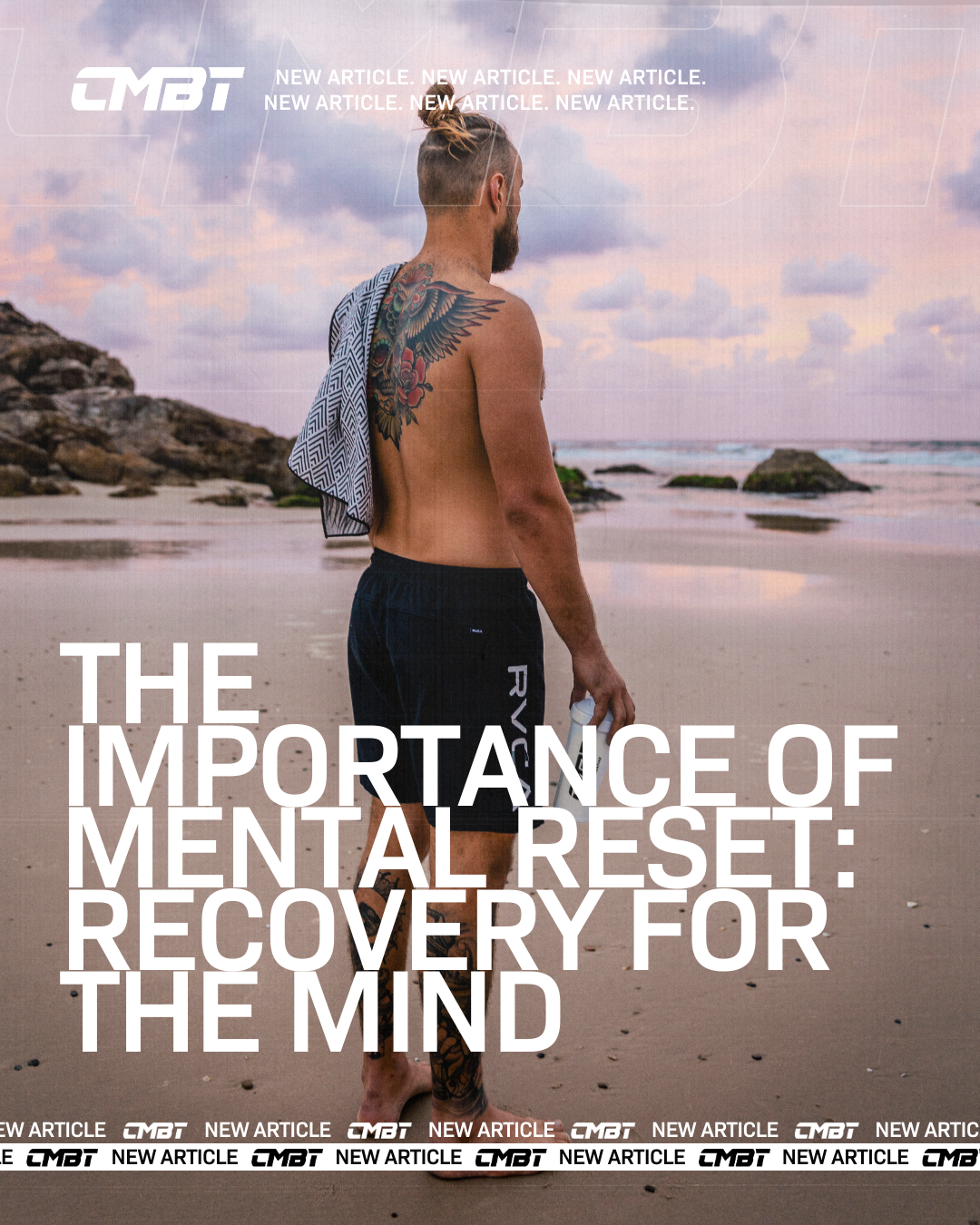
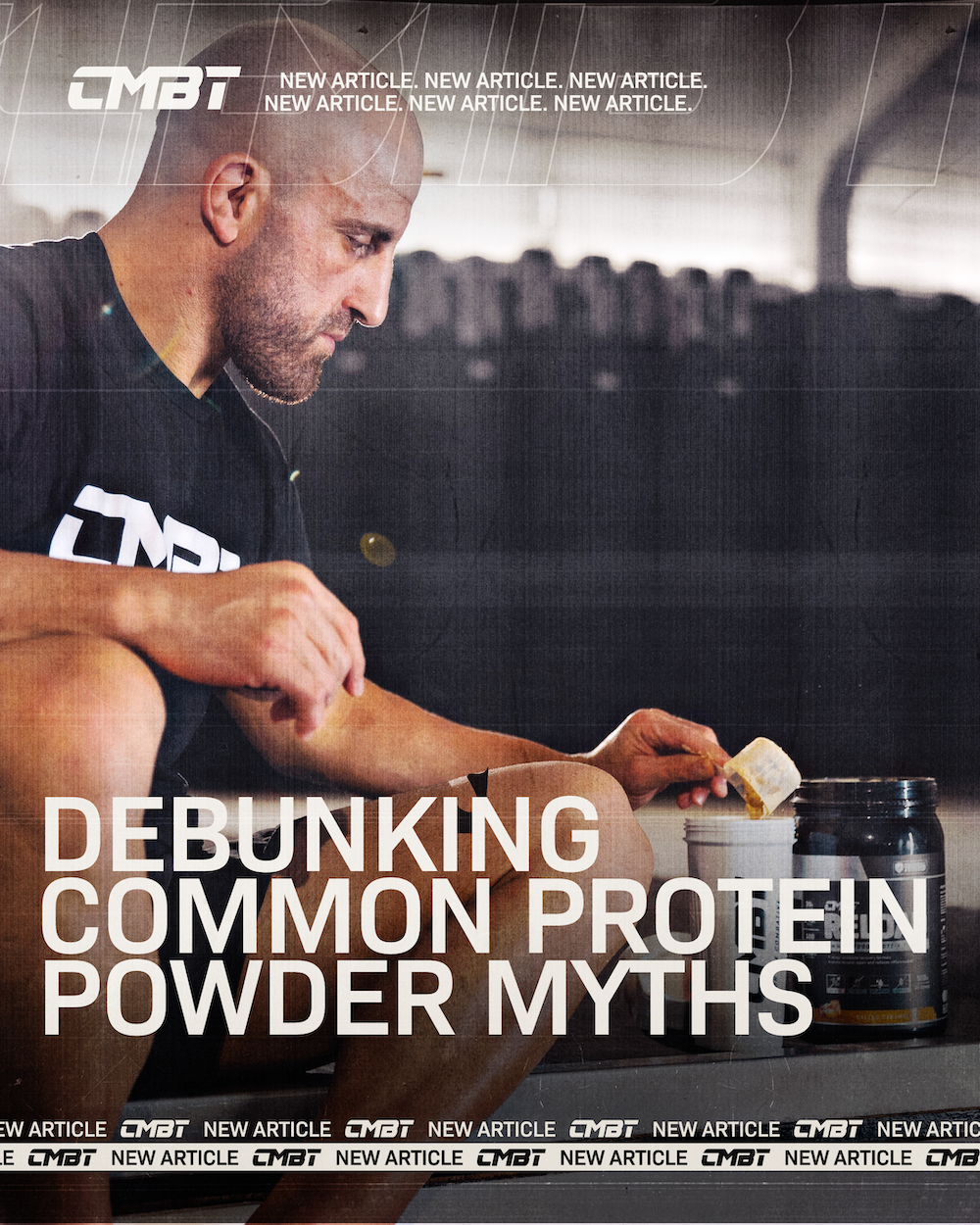
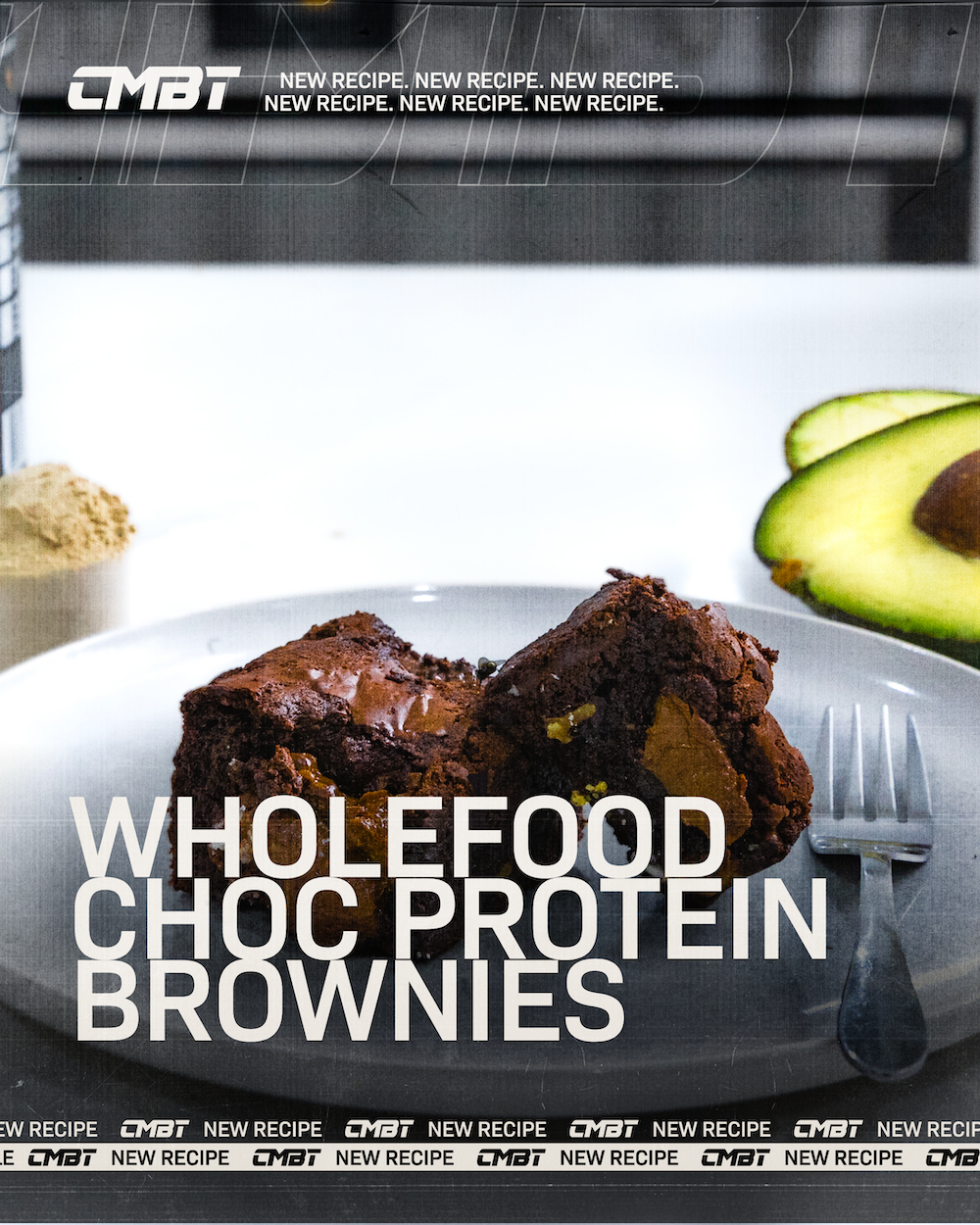

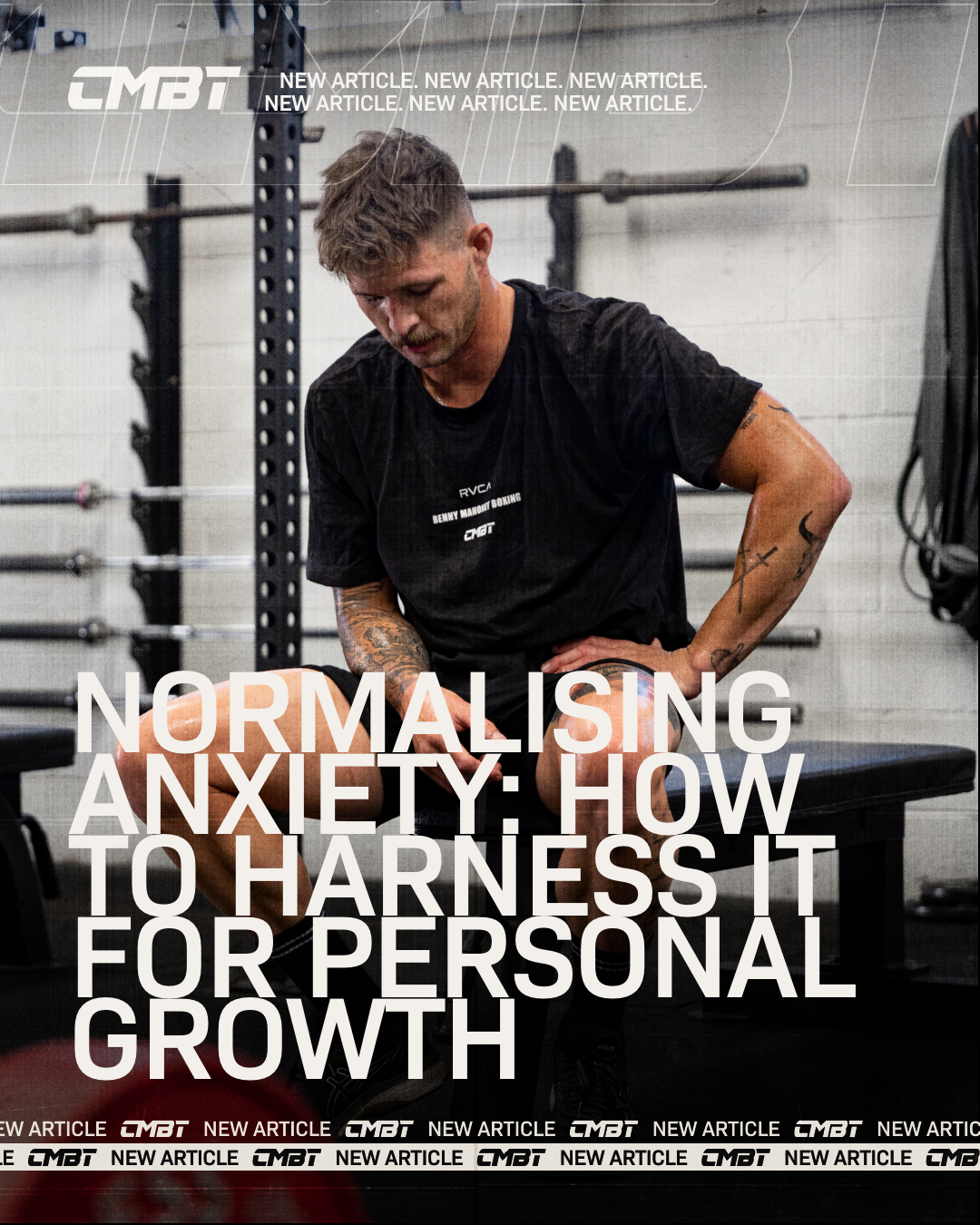



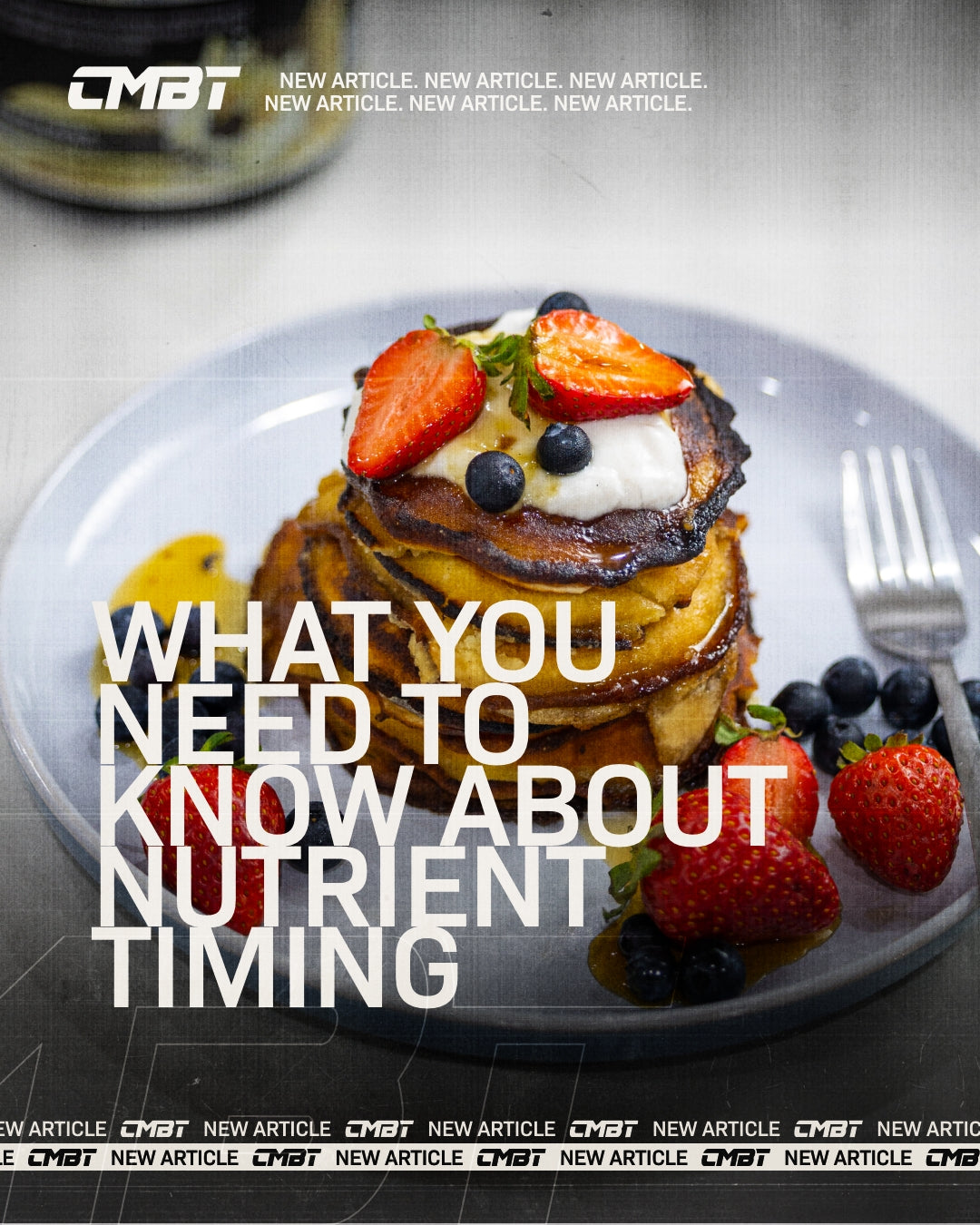













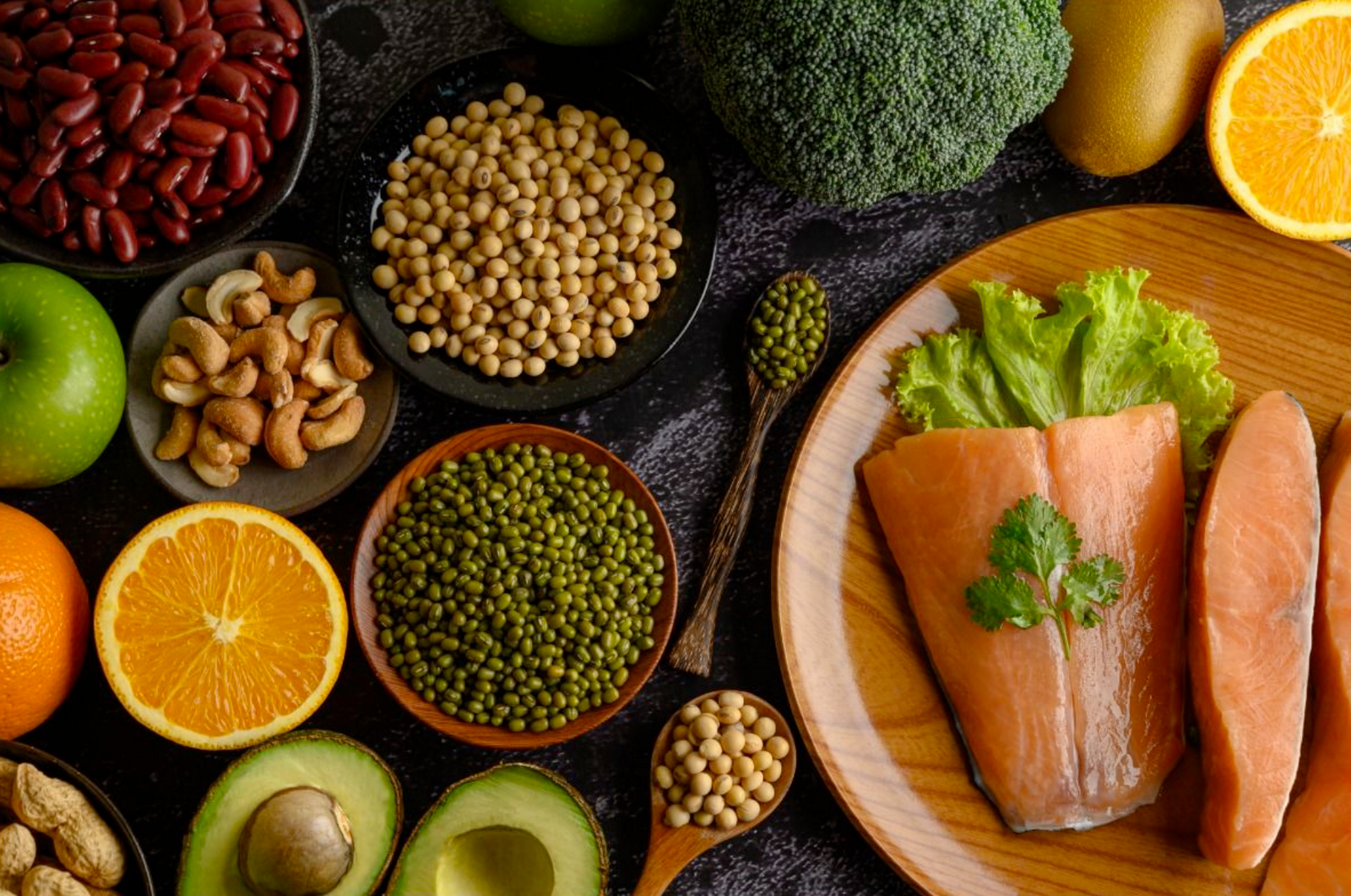


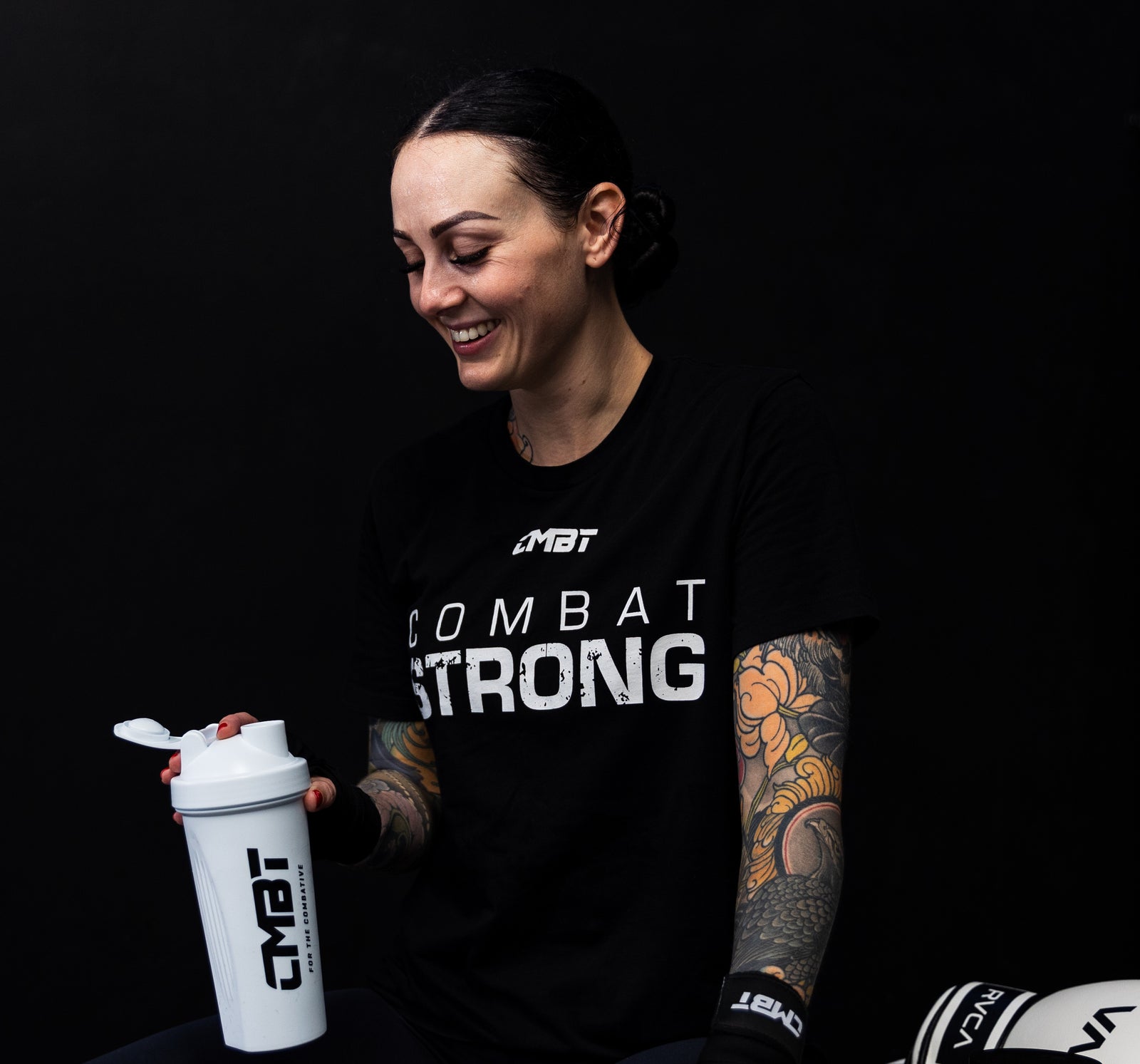



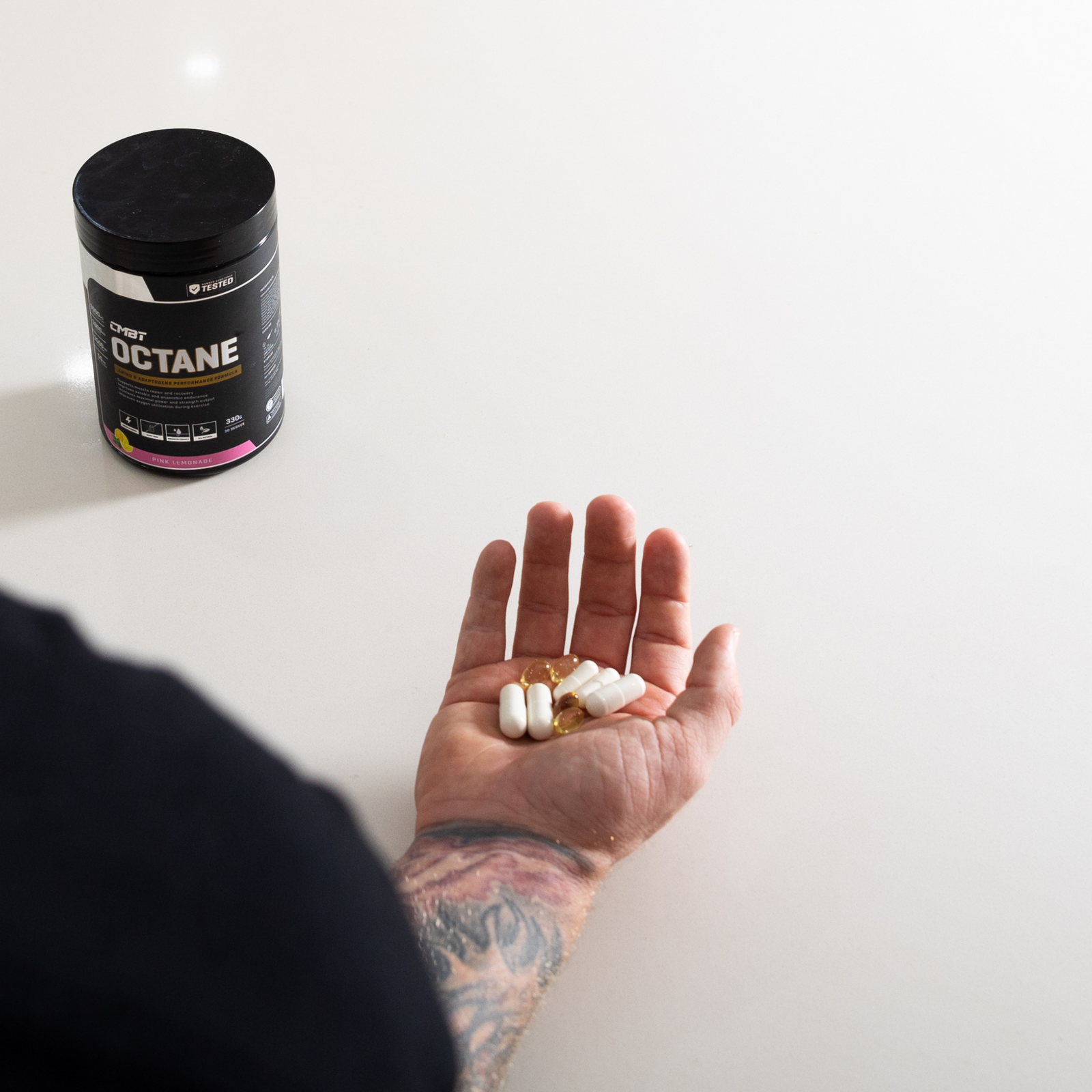


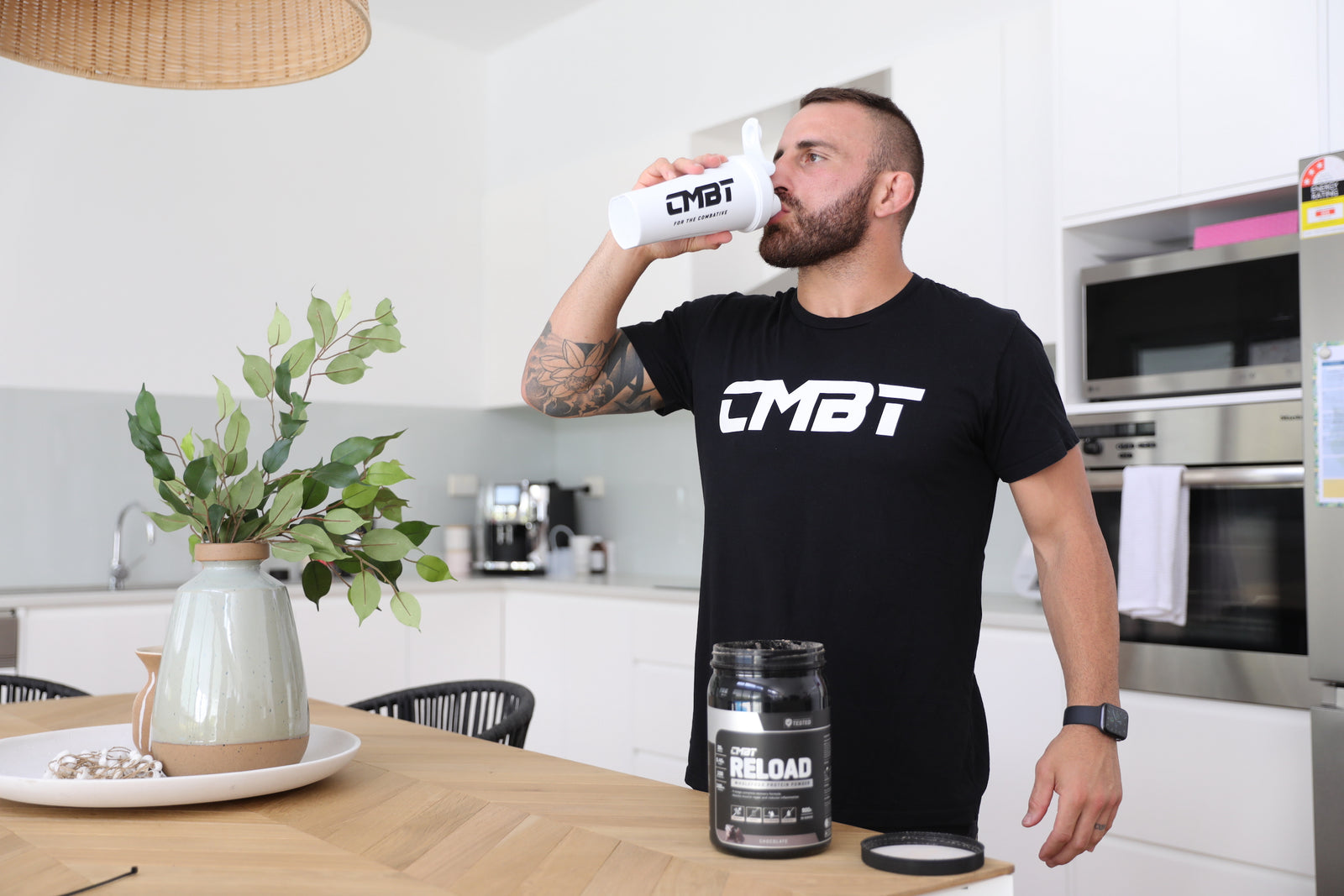
![[VIDEO] Fuel Your Passion feat. Sami Locke](http://cmbt.com.au/cdn/shop/articles/Sami.jpg?v=1625826844&width=1600)